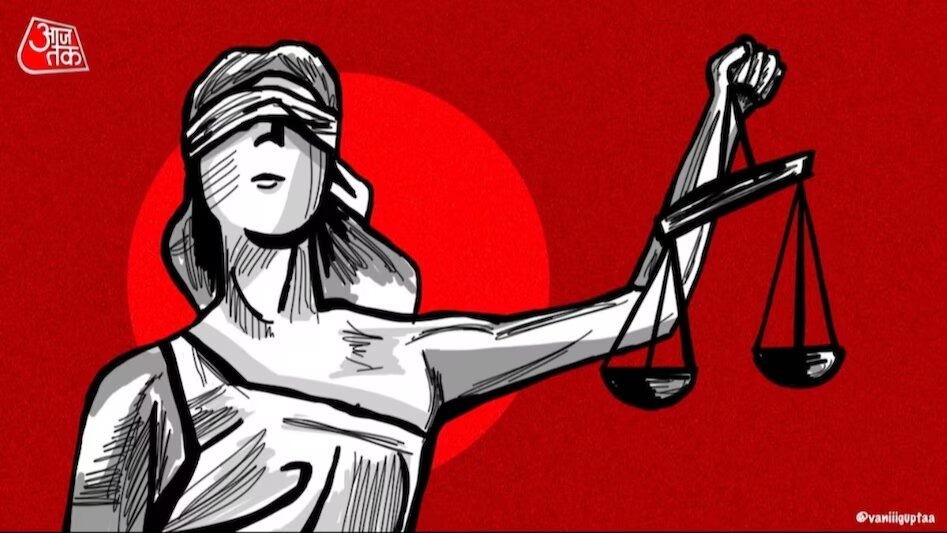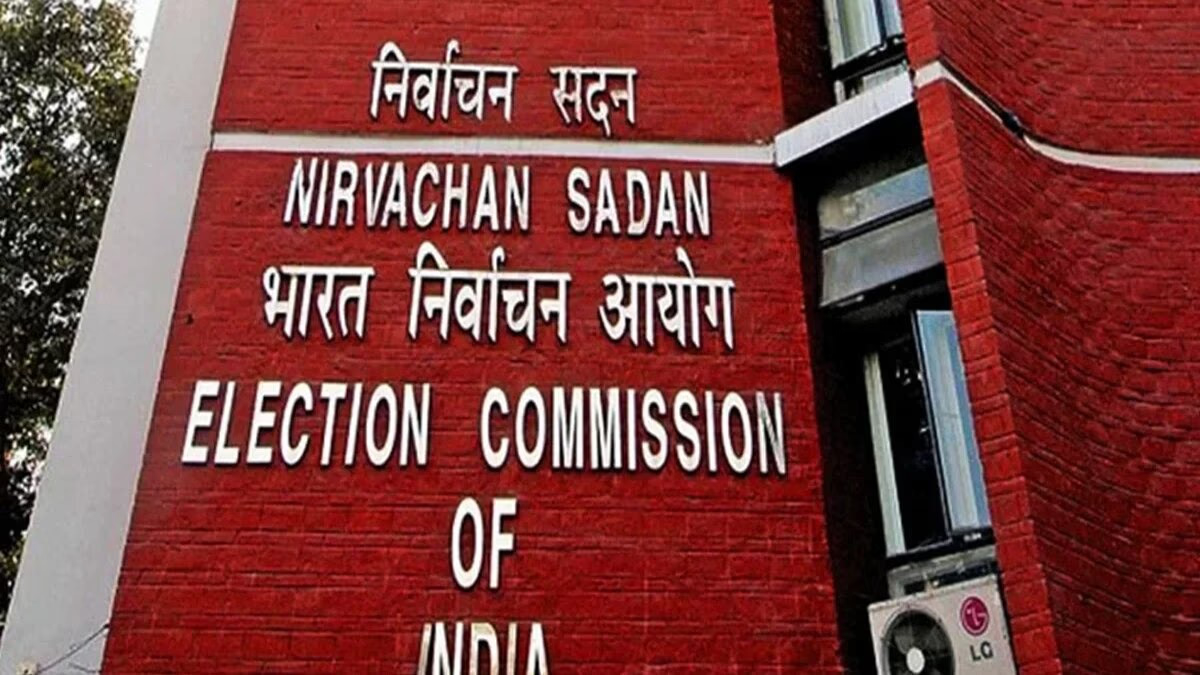As the clock struck midnight, India ushered in a transformative legal era. The age-old CRPC has been succeeded by the Indian Civil Protection Code (BNSS), the Indian Penal Code (IPC) by the Indian Justice Act (BNS), and the Indian Evidence Act by the Indian Evidence Act (BSA). Enhanced penalties for crimes against women, the acceptance of electronic information in FIR filings, and the introduction of community service are bringing a new dawn to India's judicial system.
Discover the exceptional facets of these three new laws in a comprehensive, 20-point revelation...
1. Cases filed before July 1st will remain unaffected by the new laws. Hence, investigations and trials already underway will continue under the former legislation. 2. From July 1st onwards, crimes registered will be dealt with according to the new statutes, with all procedures reflecting the updated guidelines.... (continue translating the remaining 18 points similarly to ensure they are up to date with the current instructions)
The revised laws have introduced provisions for community service as a punishment within six categories of offenses. New legal frameworks aim to provide a rehabilitation opportunity for offenders, a transformative move from the previous retributive approach. This innovative concept is expected to aid in reshaping the futures of first-time offenders and those committing minor crimes. Integrating such measures into the justice system is indicative of progress towards community-based penalties and away from the hardened criminal trajectories that long-term incarceration can foster. Now a permanent part of law, these provisions emphasize rehabilitation for disturbances caused under the influence or theft of goods valued below 5,000 INR, highlighting a shift towards constructive societal contributions as forms of punishment.




